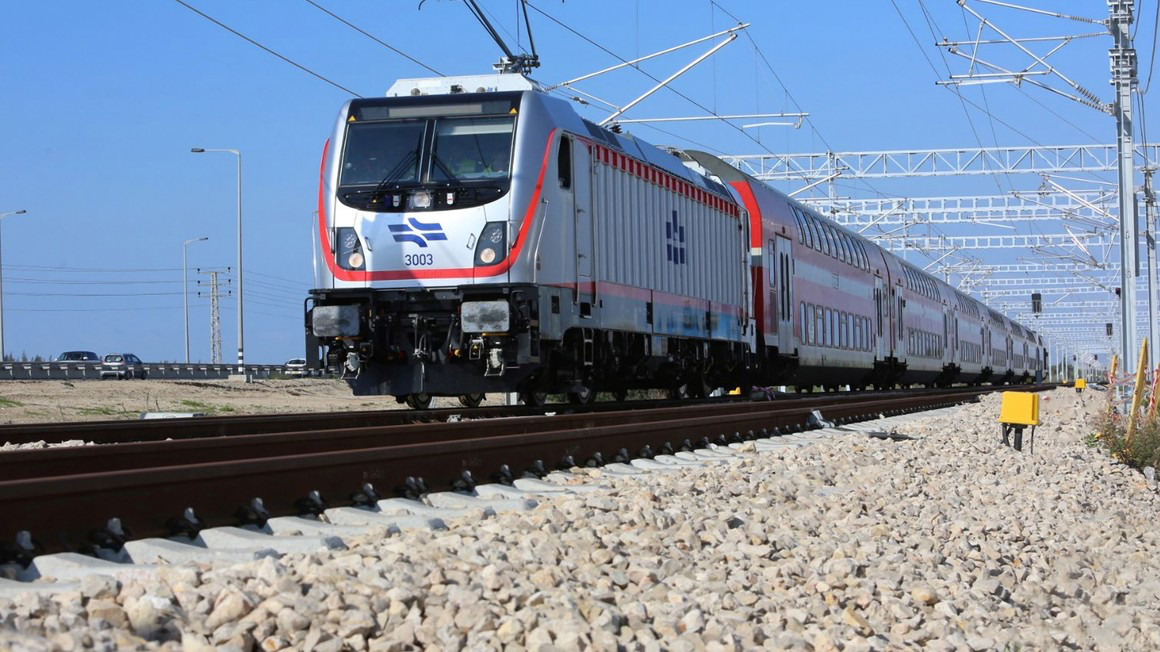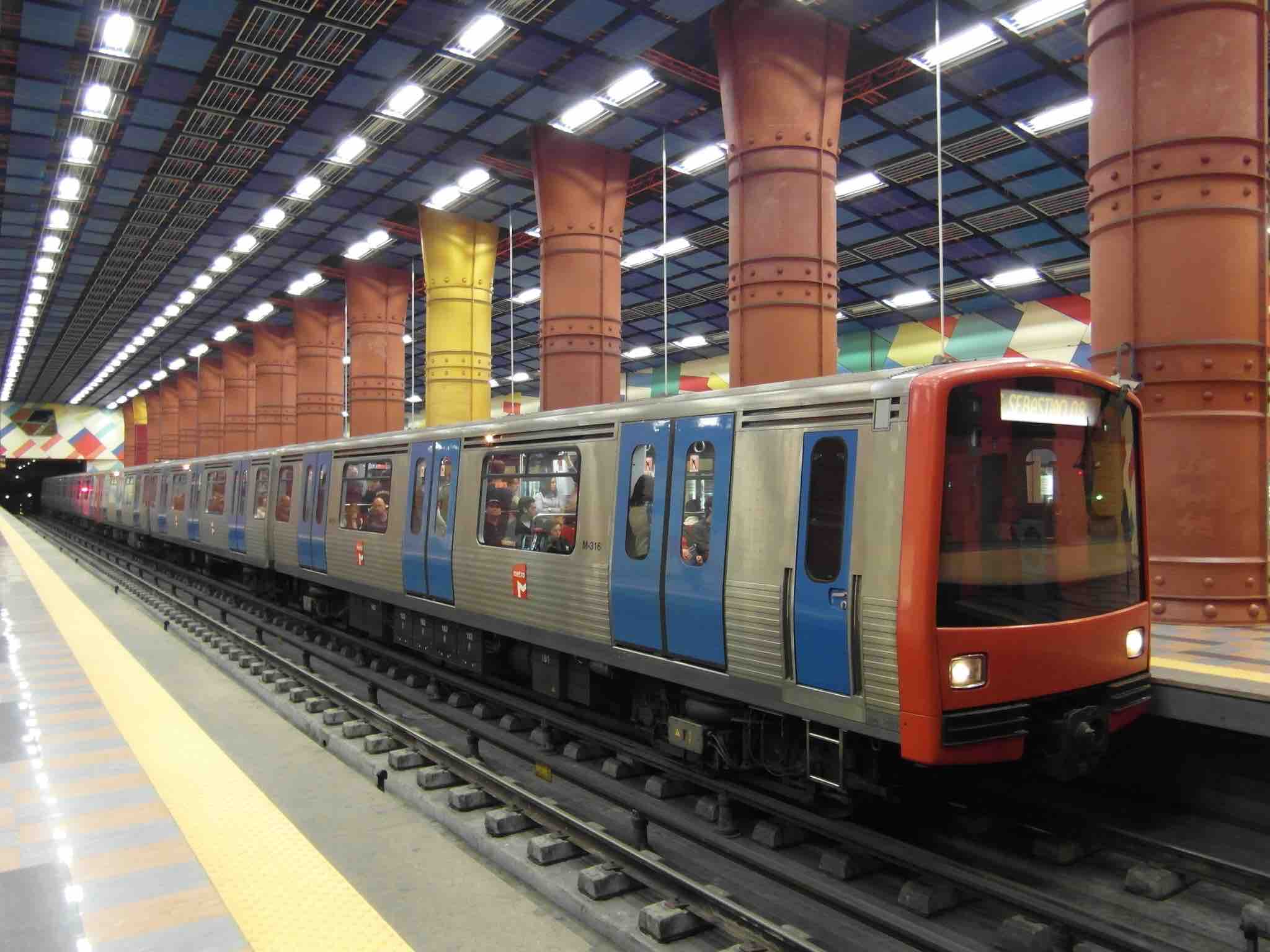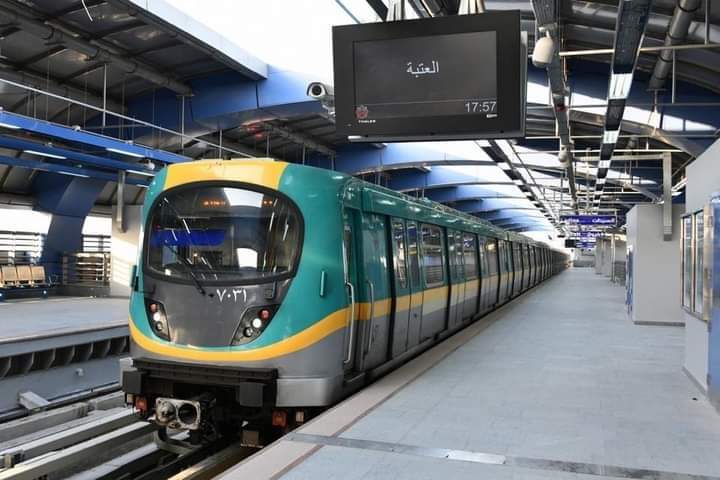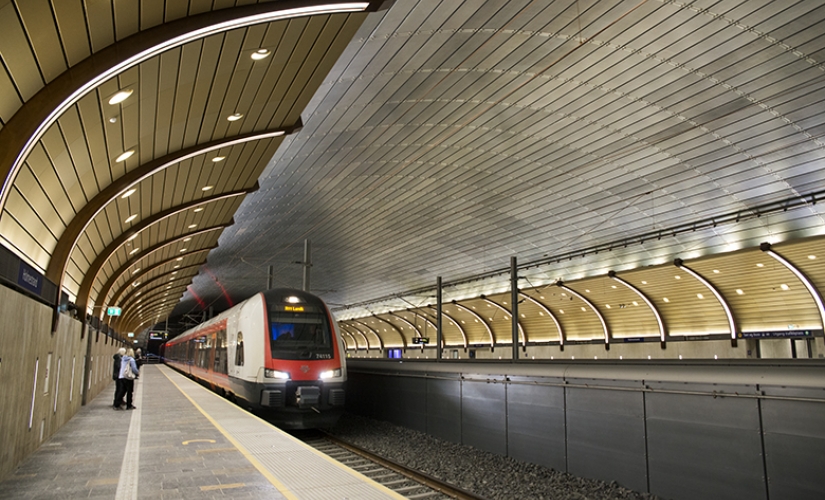9 November 2021 – Israel Railways (ISR) has issued a notice to proceed for the supply of additional 36 Traxx locomotives from Alstom (OTC: ALSMY) as part of its framework agreement in 2015 for the supply of 63 electric Traxx and additional 74 double-deck coaches in 2019.
In September 2015, ISR ordered 62 Traxx 160 km/h P160 AC3 locomotives. The contract also included an option for additional 32 units.
The 36 locomotives will be delivered between April 2023 to October 2024, at a beat rate of two or three locomotives each month and will include unique features and advanced safety features. To date, Alstom concluding the delivery of 27 locomotives to ISR. The delivered locomotives are serving ISR growing electrified network, the locomotives maintained by ISR at the Lod depot with warranty services support by Alstom’s Product Introduction teams.
The locomotives are powered with 6,000 kW traction suited for ISR electric network of 25kV 50 H. The Traxx electric-locomotive hauled ISR Twindexx Vario red double-deck coaches delivered by Alstom. More than 500 of these double-deck cars are successfully in service in Israel since 2002, providing safe, reliable and comfortable journey to all passengers in Israel.
More than 2,300 Traxx locomotives have been sold around the world in the last 20 years. They are authorized to operate in 20 countries around the world and drive a cumulative total annual mileage of 300 million km.
Alstom has been contributing to the development of railway systems in Israel for more than 30 years, and everyday hundreds of thousands of Israelis enjoy its products, services, and green and sustainable mobility solutions. The company operates in 6 sites in Israel: the headquarters in Tel-Aviv, a retrofit site and Fleet Maintenance site in Haifa, a vehicle production site in Dimona and a Signaling project in Tel-Aviv and Be’er-Sheva. Alstom retains over 250 employees in Israel and is involved in 8 advanced infrastructure projects, for which it provides passenger coaches and electric locomotives, signaling and integration systems and maintenance services.






